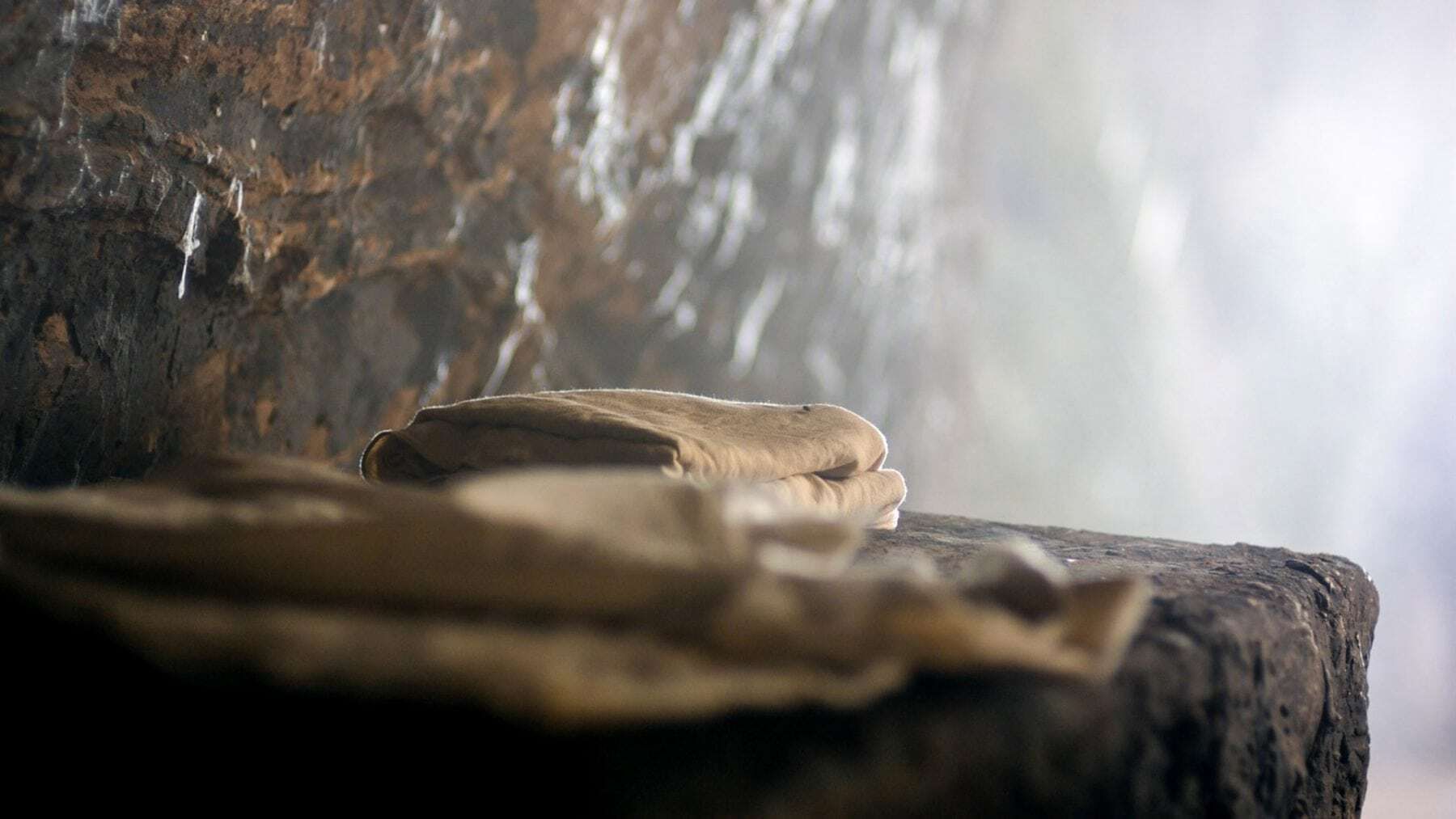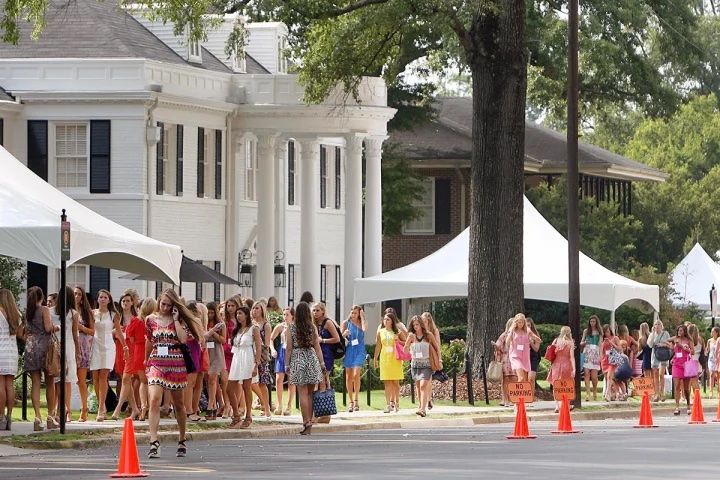I’m running
out of time. There are too many books to read. The list of subjects to know
more about is too long. There are too many places yet unvisited. Then there are
the people—loved ones to love more, injustices still to remedy, wrecked lives
to make whole.
Much of the
anxiety, angst, and anguish tied up in these desires, though, subsides if Jesus
really rose from the dead. If it could be substantiated that Jesus, whom
Christians call the Christ, physically rose from the dead, then surely all of
his lesser promises will also be fulfilled—time becomes timeless eternity, all
things in Christ will be made new (including the earth), tasks and
opportunities to engage beyond the grave are then unbounded as acts of worship
to the Lord of all.
With so much
at stake, is there a way to demonstrate that Jesus really rose from the dead? Let’s
acknowledge two things right off: First, if you don’t believe in God, then this
question is silly. Without a reality above and beyond the natural, the possibility
of coming back to life after death is zero. Instead, you live, you die, you go
extinct. Or maybe off to Elysium.
Second,
Christians do not have a higher authority than the Bible to appeal to for truth.
We sum it up with statements like, since the Bible says Jesus rose from the
dead, that’s enough for me. Christians also appeal to the Holy Spirit as an
internal witness when seeking to understand Scripture, especially in moments of
struggle to believe. In reverence we humbly pray, “Open my eyes, that I may
behold wonderful things from your law” (Psalm 119:18).
Even so, that
doesn’t mean Christians need to stop there when questions arise. I often have questions
when reading my Bible. My questions, however, are not those of a skeptic let
alone a cynic. No, my questions are more along the lines of, Lord, I believe,
help my unbelief. When looking outside of Scripture for knowledge, when that
knowledge is true, then what is learned gives greater assurance and deeper
conviction to what is already believed.
It is with
that thought in mind that I’ve worked my way through much of Michael Licona’s
book, The Resurrection of Jesus. Licona, a professed Christian, comes to
his research as a historian. He writes, “The objective of [my] investigation
was to learn and apply the approach of historians outside of the community of
biblical scholars to the question of whether Jesus rose from the dead” (p.
619).
Licona’s book
is a 700-page research vessel that goes deep and wide, so trying to distill it
to some big picture observations will not do it justice. Despite that, what follows
are two brief takeaways I found helpful in bolstering my belief in Jesus’
resurrection.
“Historians
cannot obtain absolute certainty for many of the same reasons that absolute
certainty always eludes us in most areas. The wise person is rarely hindered by
her inability to possess absolute certainty; instead, she acts on probabilities”
(p. 128). However, when looking to confirm a one-off event, “historians largely
shy away from statistical inference in general” and instead appeal to what is
called, “argument to the best explanation” (p. 120). Historians work at this by
looking at sources beyond the original claim for corroborating evidence.
Licona then
spends hundreds of pages testing various hypotheses that attempt to explain
Jesus’ empty tomb, including the resurrection hypothesis. He is fair with
material and acknowledges that personal bias can be a factor in coming to
conclusions, not only for himself but for all historians. He goes so far as to
say that he’s willing to become a deist if it can be proven that Jesus did not
rise from the dead.
In the end,
Licona concludes, “Since the resurrection hypothesis is the best explanation,
fulfills all five criteria [for determining the strength of a hypothesis] and
outdistances all of its competitors by a significant margin, I contend that we
may declare that Jesus’ resurrection is ‘very certain,’ a rendering higher on
the spectrum of historical certainty than I had expected” (p. 619).
This is encouraging
and faith-building all on its own. But then when such research is held up
against other belief systems that have little to no known support, the
Christian belief in the resurrection of Jesus looks even more convincing. As an
example, in a recent interview I listened to, Lex Fridman, an MIT professor and
one of my favorite interviewers, sat down with Sam Altman, the co-founder of
Open AI, for a wide-ranging talk. These guys are highly influential in our current
moment, and I want to know what and how they think.
Almost two
hours into the interview, Lex and Sam discuss the Fermi Paradox. When I prompt ChatGPT 3.5 (one of Open AI’s creations) about
the Fermi Paradox, the reply I get, in part, is, “The Fermi Paradox is the
apparent contradiction between the high probability of extraterrestrial
civilizations existing in the universe and the lack of evidence for, or contact
with, such civilizations. Named after physicist Enrico Fermi, who famously
asked, ‘Where is everybody?’ in reference to the absence of observable
extraterrestrial life despite the high likelihood of its existence.”
Lex asks Sam for
Sam’s thought about that paradox, and Sam replies, “I deeply want to believe
that the answer is yes. I do find the Fermi Paradox very puzzling.” Lex then
replies, “I find it scary. But at the same time, I think that I’m pretty
confident that there’s just a very large number of intelligent alien
civilizations out there. It might just be really difficult to travel through
space.”
From my
perspective, this is not a paradox. This is unbelief. And as much as I like Lex
and think we could be friends if we were neighbors, I’d want to lovingly say
that his position reminds me of Soren Kierkegaard’s observation that there are
two ways to be fooled: to believe what isn’t true, and to refuse to believe
what is true.
Take heart,
dear Christian. Your belief in the resurrected Christ is not a blind faith. In
fact, we have very real reasons to believe our faith in Jesus is not in vain.
Because Jesus
is not just risen from the dead, he is risen indeed!











